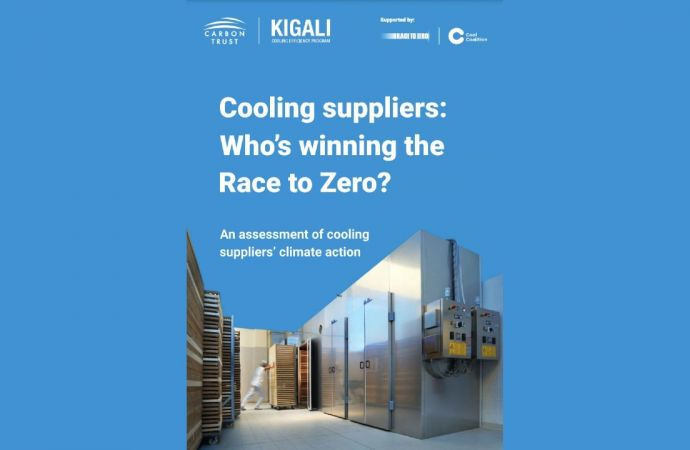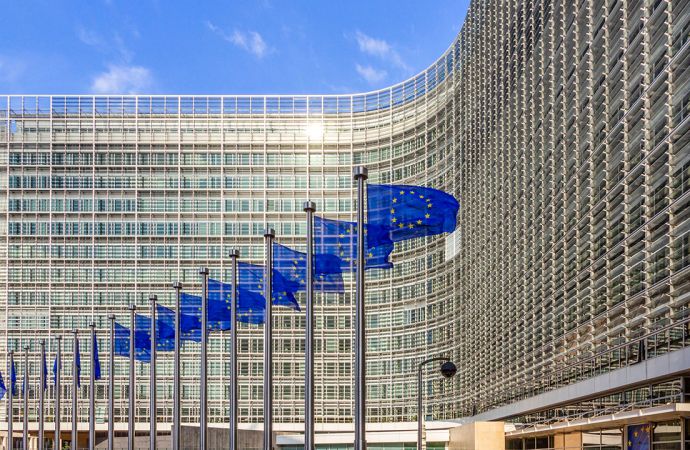Mexico is seeking an agreement within the Montreal Protocol framework that would enable a phase-down of HFCs in the country. Accelerate America reports.

As a developing country, Mexico has received funding from the Multilateral Fund of the Montreal Protocol to help with its transition away from ozone-depleting CFCs and HCFCs.
Montreal Protocol talks last month saw participants make progress towards a global deal on managing HFCs. Confidence was high among the international community that a definitive agreement can be struck at the next meeting in Kigali, Rwanda in October.
Close to 200 countries met in Vienna from 15-23 July to continue discussions on amending the Montreal Protocol to address growing emissions of HFCs in developed and developing countries. Last year, the nations pledged to reach a deal on phasing down HFCs globally by the end of 2016.
“To control HFC emissions, the best way is to phase down consumption and production as we do [with CFCs and HCFCs] in the Montreal Protocol,” said Agustín Sánchez Guevera, national coordinator of Mexico’s Ozone Protection Unit.
Mexico passed a Climate Change General Law in 2012 that aims to reduce overall greenhouse gas emissions by 30% (compared to 2000 levels) as of 2020 and by 50% as of 2050. The goals “could be reached if an international regime like the Montreal Protocol is established for the technology, and financial support to developing countries,” said Sánchez Guevera.
Mexico has established a programme targeting short-lived climate pollutants such as HFCs, as well as a national emissions registry requiring companies to report emissions of greenhouse gases like CFCs, HCFCs and HFCs. It has also developed codes to monitor HFC imports and safety standards for flammable gases.
A key barrier to the adoption of natural refrigerants in Mexico, said Sánchez Guevera, is the lack of a trained service sector. “If manufacturing companies don’t have servicing in the market, they can’t put their products in the market. So they are waiting until we have well-trained technicians in the service sector.”
He hopes that a potential HFC amendment in the Montreal Protocol will “give us funding to train technicians and allow the government to set rules in order to use alternatives like natural refrigerants”.
Related stories



